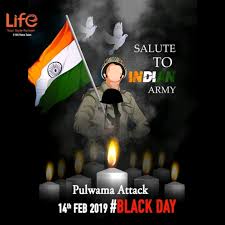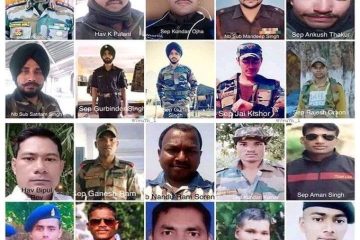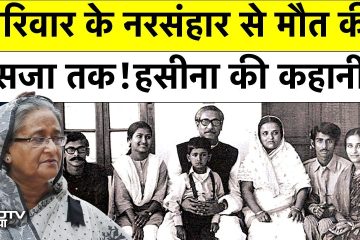Understanding the Pulwama Attack and Its Impact

Introduction
The Pulwama attack, which occurred on February 14, 2019, is one of the most significant and tragic terrorist incidents in India’s recent history. In this attack, 40 Indian paramilitary personnel were killed when a suicide bomber affiliated with the militant group Jaish-e-Mohammed drove an explosive-laden vehicle into a convoy of Central Reserve Police Force (CRPF) soldiers in Pulwama district of Jammu and Kashmir. This incident not only shocked the nation but also highlighted the ongoing issues of terrorism and security in the region.
Details of the Attack
The attack occurred during a time of heightened tensions between India and Pakistan, further exacerbating a volatile situation in the region. The terrorist involved in the attack was identified as Adil Ahmad Dar, a local youth who had joined Jaish-e-Mohammed. His act of violence drew wide condemnation within India and from various international entities. The incident resulted in a nationwide outcry, leading to protests demanding stronger measures against terrorism.
Government Response
In response to the Pulwama attack, the Indian government took several drastic measures. This included the air strike on a Jaish-e-Mohammed training camp in Balakot, Pakistan, on February 26, 2019. The Air Force successfully targeted and destroyed what officials claimed was an important base of operations for the organization responsible for the attack. This further escalated the situation, leading to aerial skirmishes between the two nations, which resulted in a temporary rise in hostilities.
Long-term Impact
The Pulwama attack had a profound impact on national security policies and public sentiment in India. It instigated discussions around the need for a decisive counter-terrorism strategy and led to a stronger focus on enhancing border security. Politically, it influenced the narrative of the 2019 general election, with national security becoming a central theme. In the societal context, it fueled a wave of nationalism and solidarity for the armed forces.
Conclusion
The Pulwama attack remains a pivotal moment in India’s fight against terrorism. Its repercussions continue to shape the discourse around security and foreign relations. As the country moves forward, the memories and lessons learned from the tragic event serve as a reminder of the challenges ahead in maintaining peace and stability in the region. Continuous vigilance and strategic measures will be essential in preventing similar attacks in the future, ensuring the safety of citizens and the integrity of national security.









